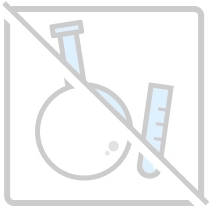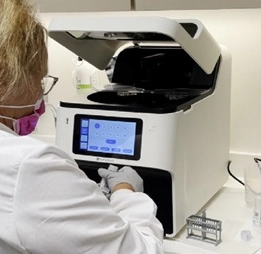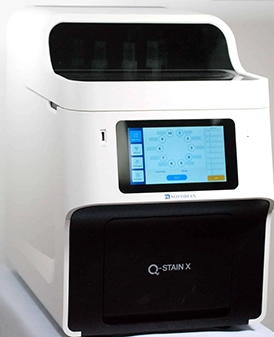Q-Stain is implemented in the routine in connection with cryo-section examinations. It takes about 20 minutes to do immunohistochemical analyses (IHC) on the tissue, which should be added to the 20 minutes we already spend on making conventional cryo-sections. Within 45 minutes, it is possible for us to distinguish different types of cancer with much greater certainty. Our immune panel includes CD45, synatophysin, CKAE, CK5 and CK7 and eventually also Mart1, which can be used to distinguish carcinomas, and neuroendocrine tumors from lymphomas and melanomas. It can help us make even more reliable diagnoses – especially in cases where we are in doubt. In addition, it is important that a tumor with clear margins is removed during the surgical cancer treatment.
The diagnostic effect of IHC on cryo-sections can have direct treatment consequences for the patient, also referred to as the predictive value. For example, it can be difficult to type a tumor by conventional cryo-section examination. Thus, it can lead to a result, which can indicate a malignant tumor (cancer) awaiting further analysis and final diagnosis. In these cases, the IHC can optimally categorize the tumor as either: lymphoma (CD45+), melanoma (mart-1+), neuroendocrine tumor/carcinoma (synaptophysin+), or carcinoma (CK-AE+). This is important for severely ill patients who require emergency treatment, as the treatment depends on the type of tumor. Thus, for carcinomas, the first choice of treatment is radiation therapy, while for lymphomas it is chemotherapy.





